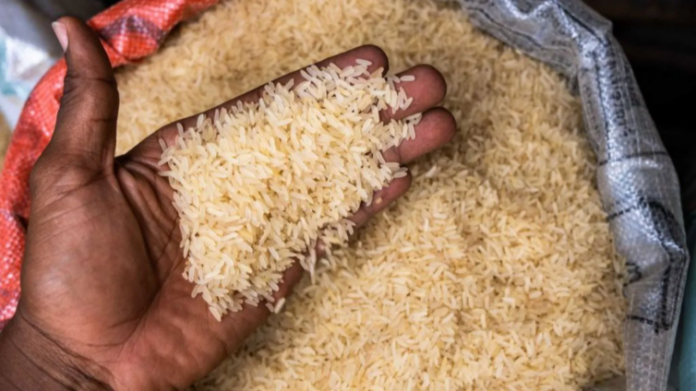The 2026 Budget Statement unveiled a major directive from President Mahama aimed at bolstering Ghana’s agricultural sector and ensuring stable markets for local farmers.
Finance Minister Dr. Cassiel Ato Forson announced that the President has mandated all public schools, from basic to tertiary levels, to purchase only staple food items produced within Ghana.
This initiative, dubbed the “Buy Ghana, Eat Ghana” policy, is designed to create a reliable market for local producers, guaranteeing their income and encouraging increased domestic food production.
The Presidential Directive
Minister Forson confirmed the strict mandate issued from the highest office:
“President Mahama has directed all schools, from basic to secondary, to purchase rice, maize, chicken, and eggs produced in Ghana only,” he stated.
The directive affects a significant portion of the national food budget, impacting the supply chain for thousands of educational institutions, including primary schools, junior high schools (JHS), and senior high schools (SHS) participating in the Free SHS Programme.
Agencies Responsible for Compliance
To ensure effective implementation, the directive names five key governmental and educational agencies tasked with oversight and enforcement:
- Ministry of Education
- Ghana Education Trust Fund (GETFund)
- School Feeding Programme
- Free Secondary Education Secretariat
- National Food Buffer Stock Company (NAFBC)
These institutions have been directed to ensure strict adherence to the local sourcing policy. NAFBC, as the national food aggregator and storage facility, will play a central role in facilitating bulk purchases and distributing locally produced rice and maize to schools.
Economic Impact on Farmers
The policy serves as a crucial form of non-cash subsidy and market intervention for Ghanaian farmers, providing stability for four key commodities:
- Rice and Maize: Guarantees a ready market for local grain farmers, reducing price volatility caused by imports and preventing harvest gluts.
- Chicken and Eggs: Ensures a consistent market for Ghana’s poultry farmers, helping them compete against cheap imported frozen poultry.
By guaranteeing demand for these locally produced goods, the government aims to boost production, reduce reliance on costly food imports, and stabilize the livelihoods of food crop and poultry farmers.
ALSO
2026 Budget: Gov’t uncovers $33bn fake imports, orders forensic audit
We’ve learned a powerful truth; there’s no shortcut to responsible economic…



